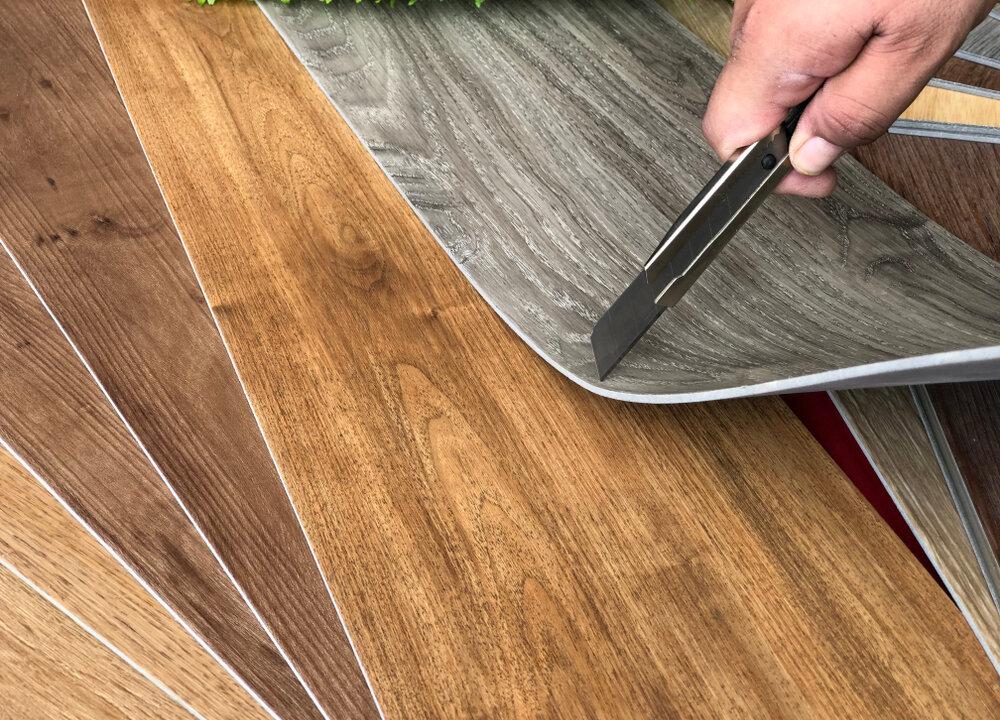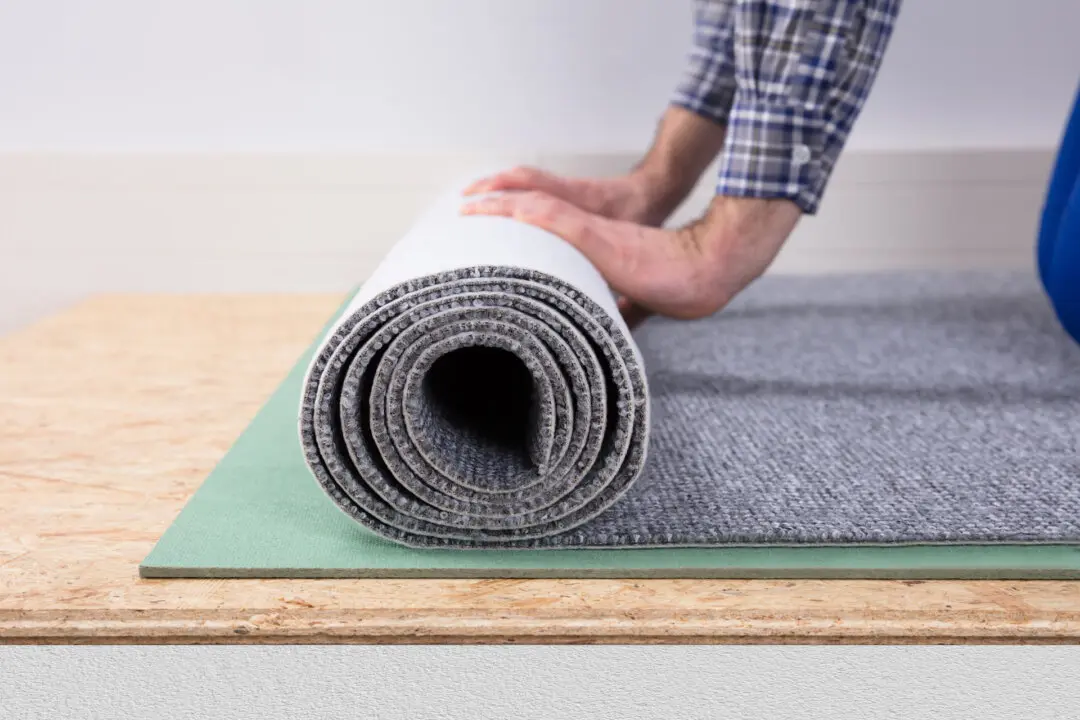Dear James: We are setting up a playroom for our children. The room is carpeted now, but we want something more durable. Would commercial-grade flooring work well? —Barry H.
Dear Barry: Unless your children are really wild, almost any type of commercial-grade flooring should hold up well, definitely better than residential carpeting. It is typically thicker and manufactured from better base material, so expect it to cost more than flooring you may see at a home-center store. Check at a commercial flooring supplier.
Although there are several types of flooring materials that would work, vinyl flooring is probably your best choice. It is very durable, and you should be able to install it yourself without a lot of previous experience. It works particularly well in high-moisture areas like basements and laundry rooms, and it is not damaged by spills.





